1. A Small-Town Boy Turned Star
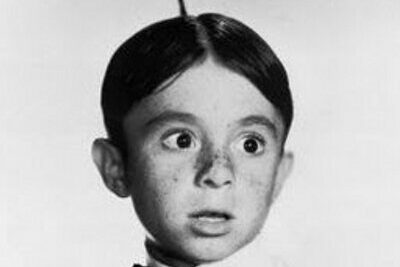
Carl Dean Switzer’s story began quietly in Paris, Illinois, where he sang with his brother at local events until Hollywood noticed. Soon, he landed the role of Alfalfa in Our Gang, later known as The Little Rascals. With that messy cowlick and squeaky singing voice, he became a household name. It’s funny how simple beginnings sometimes lead to lives that leave lasting marks. His early rise was bright, his charm effortless, but behind the spotlight, few knew how fleeting fame could feel or how quickly childhood laughter could turn into grown-up struggle.
2. The Nickname That Became a Curse
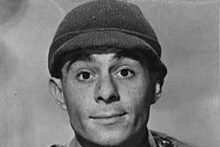
“Alfalfa” wasn’t meant to be forever, but it clung to Carl like a shadow he couldn’t escape. What started as a character became his identity, even off-camera. Friends, reporters, and casting directors all saw him as Alfalfa, not Carl Switzer. The fame that once felt exciting slowly boxed him in. It’s hard to outgrow a label when the world won’t let you. The same name that made him famous also trapped him in childhood. Every call for “Alfalfa” reminded him that Hollywood had moved on while he was still stuck in his own rerun.
3. Growing Pains Under the Spotlight
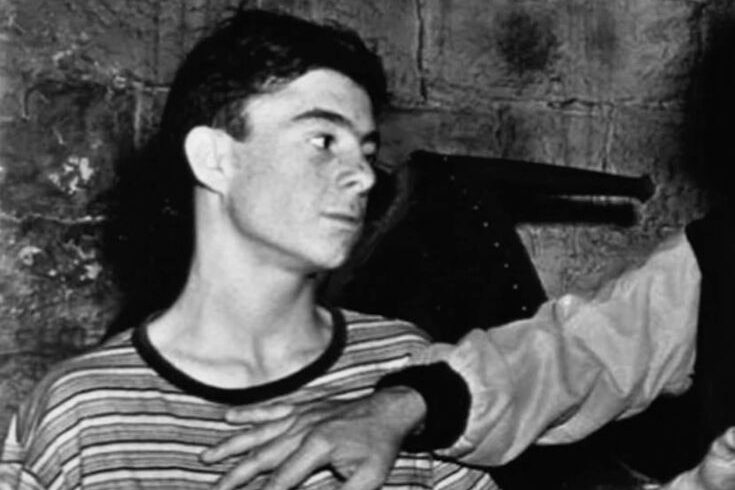
As Carl got older, the industry that adored his childish charm turned its back. Roles for grown-up Alfalfa were few and far between, and Hollywood rarely gave second chances. He found himself drifting through small parts, bit roles, and even scenes that never made it past editing. The laughter that once followed him now echoed differently. Fame can be a strange teacher, showing how quickly applause fades. While others from Our Gang settled into quiet lives, Carl kept chasing the spotlight that once chased him, not realizing it had already moved on.
4. A Man Out of Roles
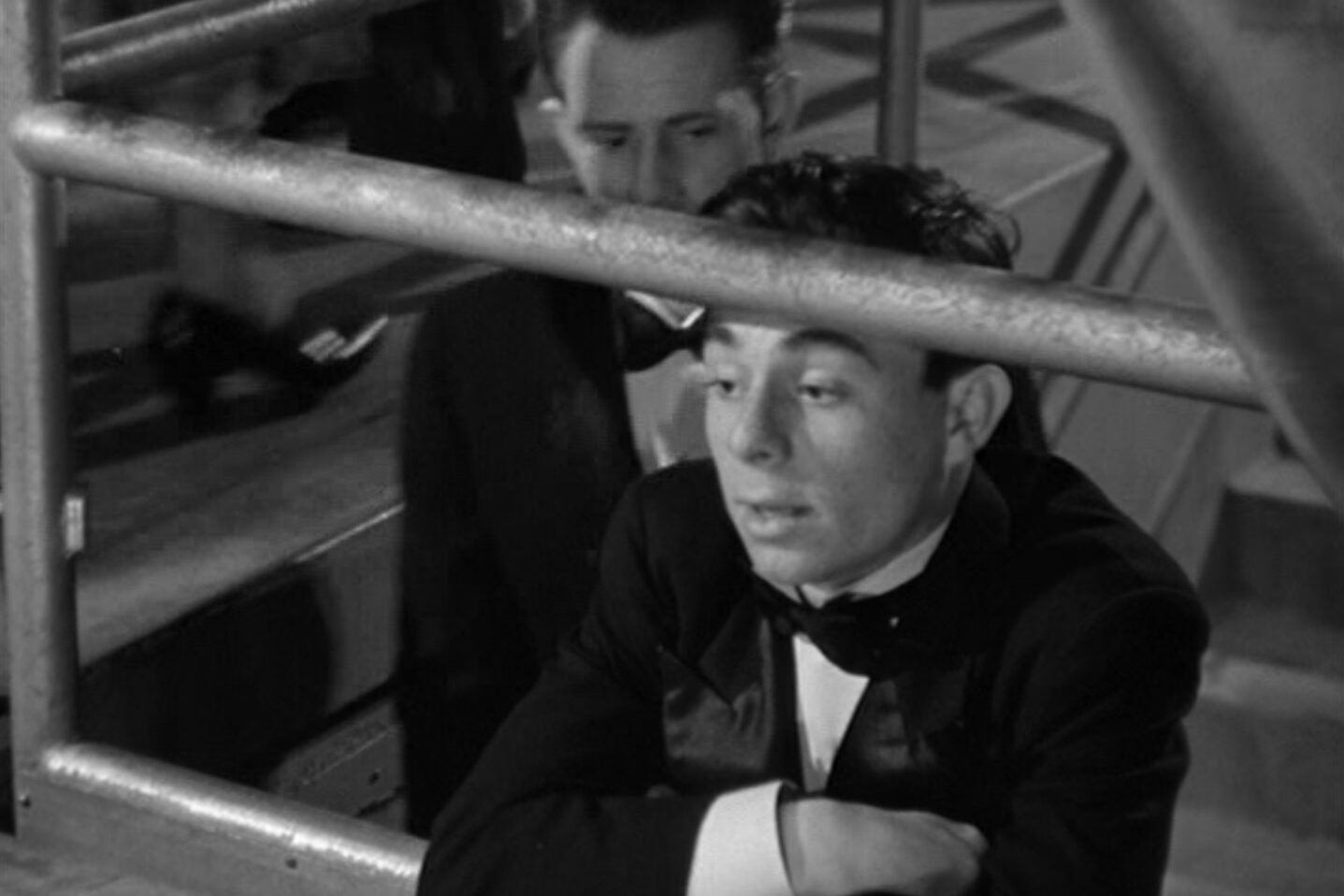
Typecasting hit him hard. Carl wanted to be seen as an actor, not a relic from childhood films. But casting directors couldn’t separate him from Alfalfa’s goofy grin and voice. He appeared in movies like It’s a Wonderful Life, yet audiences barely noticed him. The kid who once stood center stage now blended into the background. Hollywood is filled with stories like his, where success burns bright then disappears like smoke. For Carl, each audition reminded him that his best-known role had also become the barrier he could never climb over.
5. Chasing Work Beyond the Screen
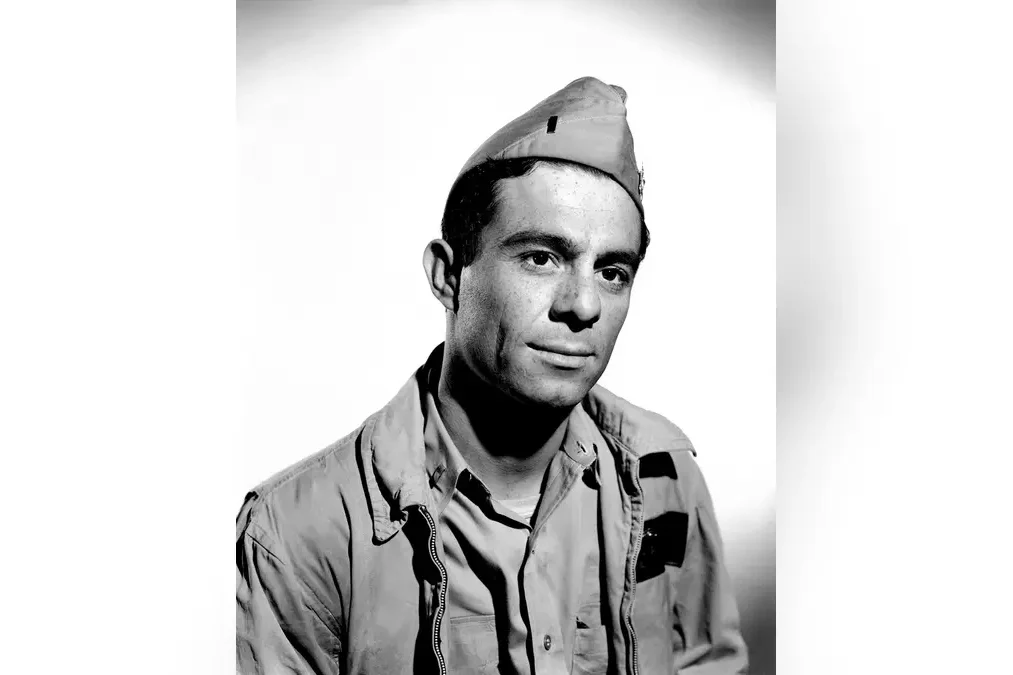
When acting failed to pay the bills, Carl tried to reinvent himself. He worked as a bartender, guided hunting trips, and even trained dogs for film stars. Those jobs gave him brief stability and a taste of ordinary life. He was known among locals as someone who could make you laugh and shoot straight, a man still holding on to the spark that made him special. But deep down, he missed the recognition that came so easily as a child. For a man once defined by applause, silence could feel heavier than failure.
6. The Dispute Over a Lost Dog
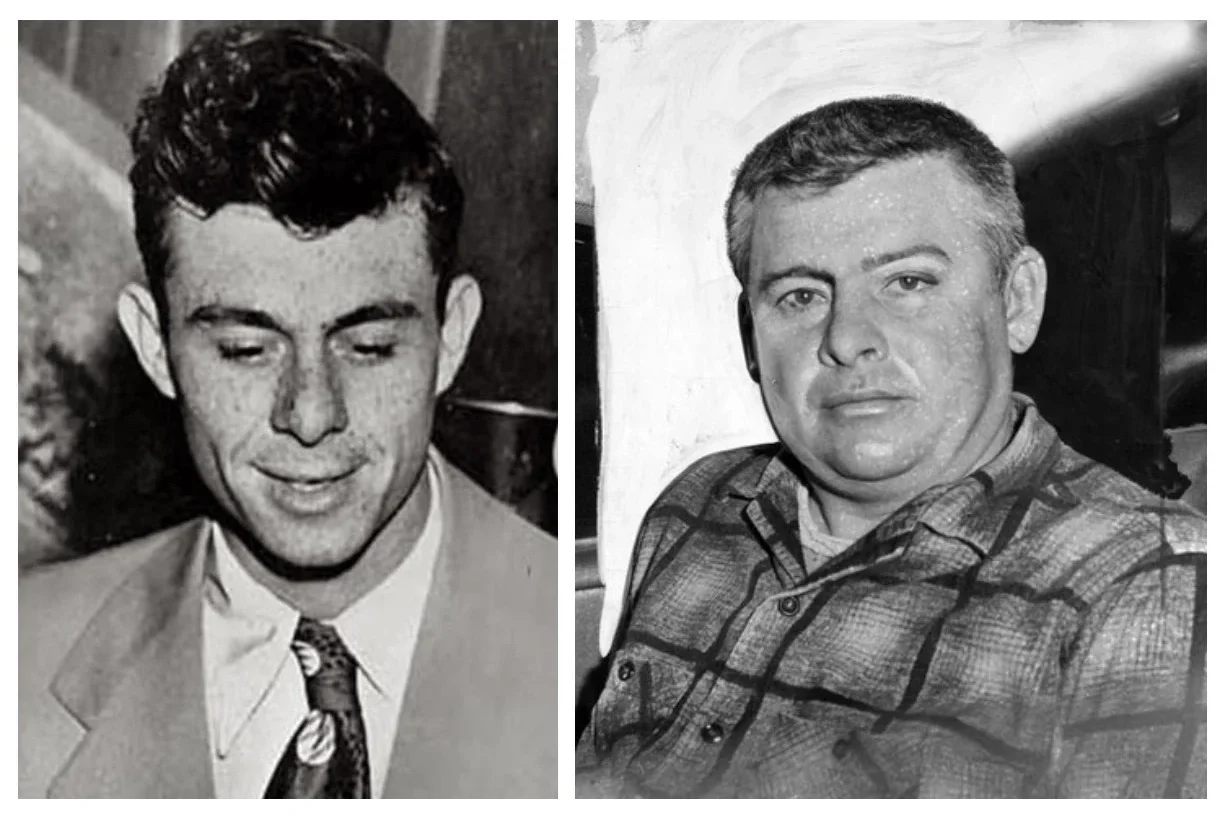
Of all the twists in Carl Switzer’s life, the missing dog dispute shaped his final hours. He trained a hunting dog for Moses Stiltz, and when the animal ran off, it was later returned by someone else. Stiltz still wanted repayment, saying Carl owed him for the trouble. Carl felt the opposite, believing he deserved a fair fee for training and recovery. Short on cash and prideful, he chose to settle it face to face. That ordinary argument over a few dollars gathered resentment, frustration, and fear into one room, setting the stage for a night that changed everything forever.
7. Trouble Found Him First
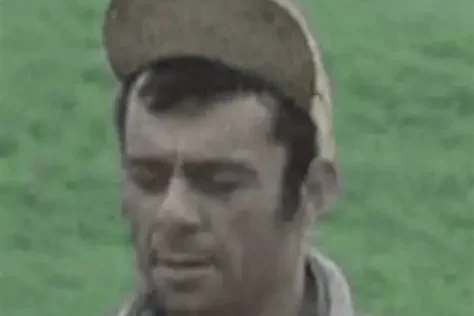
The months before his death felt uneasy, like a storm gathering. Carl had been shot in the arm the previous year under circumstances that never became clear. Some friends spoke of a bar argument that turned ugly. Others whispered about debts and grudges that followed him. Whatever the source, it showed how far he had drifted from the bright days of Our Gang. Work was patchy, bills piled up, and tempers around him ran short. When danger finally knocked again, it found a man already tired, wary, and cornered by bad luck more than bad intentions. He felt it coming.
8. The Night of January 21, 1959
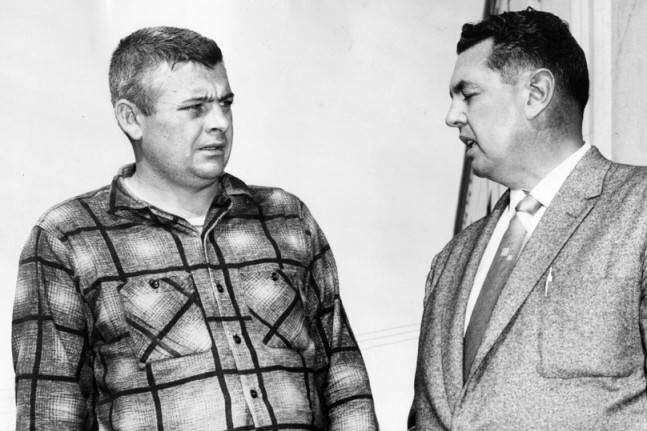
Carl arrived at Stiltz’s Los Angeles home late that night with a friend, seeking repayment for the money he believed he was owed. It wasn’t meant to turn violent, but emotions ran high. Words became shouts, shouts became threats, and then everything spun out of control. That single visit, driven by frustration and pride, would become his final chapter. The night air must have felt heavy, filled with the kind of silence that only comes before something breaks. When it did, nothing could be undone, and Alfalfa’s story reached its tragic end.
9. When Anger Took Over
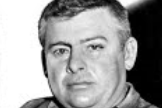
Accounts differ about what exactly happened inside the house, but one thing’s clear: tempers flared. Carl allegedly grabbed a glass clock and hit Stiltz, shattering it in frustration. It was chaos, two men yelling, fear twisting into desperation. In that charged moment, Stiltz reached for a gun. The sound of that single shot ended not just an argument, but a life shaped by fleeting fame. It’s haunting to think how a small misunderstanding could unravel everything. What began as an attempt to settle a simple debt became the breaking point of a lost dream.
10. A Life Ended Too Soon
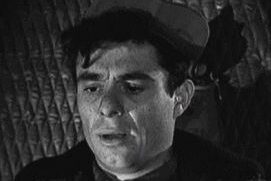
The bullet struck Carl in the groin, severing an artery. He fell before he could even call for help, and within minutes, he was gone. He was only thirty-one years old. For someone who once seemed untouchable on screen, his real-life ending felt painfully ordinary. There were no cameras, no scripts, just confusion and regret. The laughter of Alfalfa was silenced that night. Many didn’t learn about his death until much later, but for those who did, it felt like a strange, quiet goodbye to a boy they once thought would live forever.
11. Two Sides of the Same Story
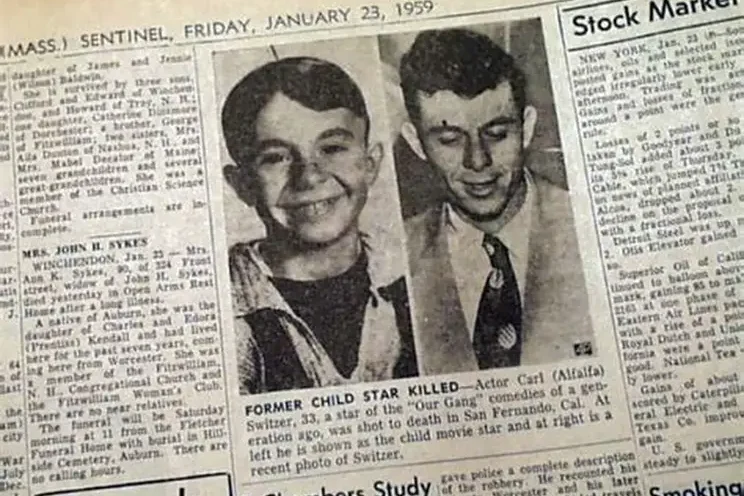
What followed was a swirl of conflicting accounts. Stiltz told police that Carl had threatened him with a knife and that he fired in self-defense. But another witness claimed Carl was already leaving when the gun went off. The truth sat somewhere between fear and impulse. That night became a story with two narrators, each holding their own version of guilt. In Hollywood, myths grow quickly, and this one was no exception. People debated who to believe, but no version could make sense of how an innocent childhood face met such an ending.
12. The Court Called It Self-Defense
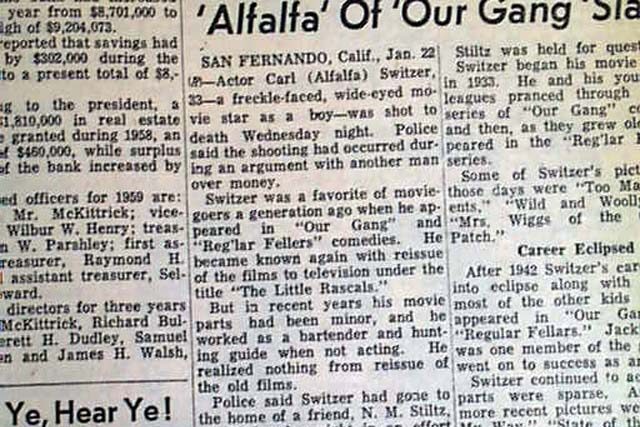
After brief questioning, authorities ruled Carl’s death as self-defense, closing the case with little resistance. No charges were filed, and life quietly moved on. But many who knew him felt uneasy about the decision. To them, it didn’t add up. It’s easy for the system to label something and move forward, but harder to accept when justice feels unfinished. Carl’s death didn’t make headlines, and perhaps that was the saddest part. He once brought joy to millions, yet in the end, his story faded away with barely a whisper of outrage.
13. A Penknife, not a Threat
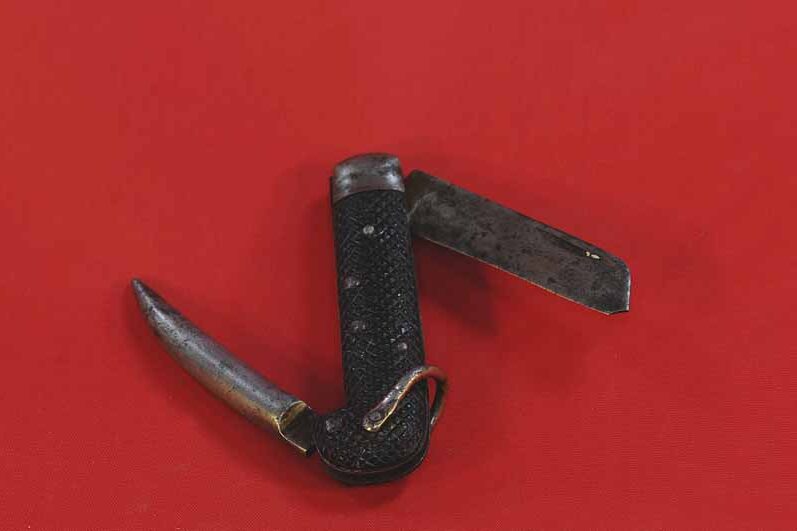
Later reports revealed that the supposed “hunting knife” Carl was accused of wielding was nothing more than a small penknife found at the scene. That tiny detail changed how some viewed the case. It turned the idea of a dangerous confrontation into something far less menacing. But by then, it was too late to matter. The narrative had already been decided. Sometimes truth shows up after everyone stops listening. It’s one of those quiet facts that lingers, reminding us how easily perception can rewrite reality when no one is left to speak up.
14. A Family Shadowed by Tragedy
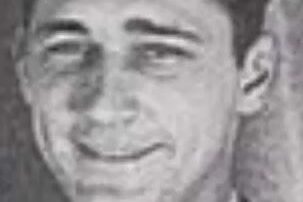
Heartbreak did not end with Carl. Years later, his older brother Harold, who also appeared in Our Gang shorts, was involved in a fatal dispute with a customer at his business. After the shooting, Harold died by suicide, leaving a community stunned and a family already hurt. Two gifted brothers, both linked to early fame and later struggle, met endings shaped by violence. Their parallel paths feel like echoes across time, a reminder that success does not always protect the heart. Behind the familiar laughs, there were quiet burdens. The Switzer story became a caution more than a headline forever.
15. Overshadowed by a Legend
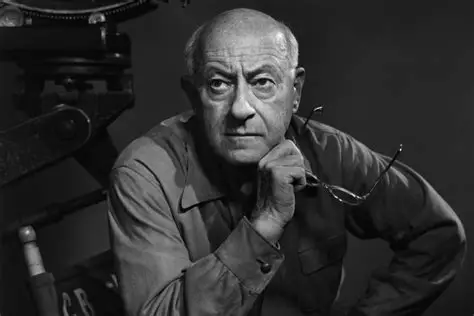
Carl died the same day as legendary filmmaker Cecil B. DeMille, whose passing dominated every newspaper headline. His own death became a footnote beneath Hollywood’s grand tributes. It’s strange how timing can erase someone from history, how two stories can collide and only one gets remembered. For Alfalfa, the timing was cruel. The laughter he once inspired had faded into silence, and the world barely noticed his departure. In another time or headline, maybe people would have mourned more. Instead, his name drifted quietly, remembered mostly by those who grew up watching him.
16. Remembering Alfalfa’s Smile
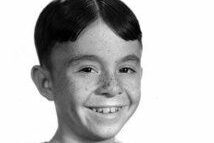
Today, few know the full story behind Carl Switzer’s short, troubled life, but his legacy still lingers. Generations later, kids still laugh at Alfalfa’s off-key singing and silly charm. His tombstone carries symbols of his hunting days, perhaps a nod to the man he became outside the screen. There’s something tender about remembering him this way, not as a tragedy but as a reminder of innocence once shared. Lives like his make us pause and value the fleeting light of joy. If you grew up smiling at Alfalfa, maybe that’s how he’d want it to stay.
This story What Really Happened to Alfalfa from The Little Rascals was first published on Daily FETCH


